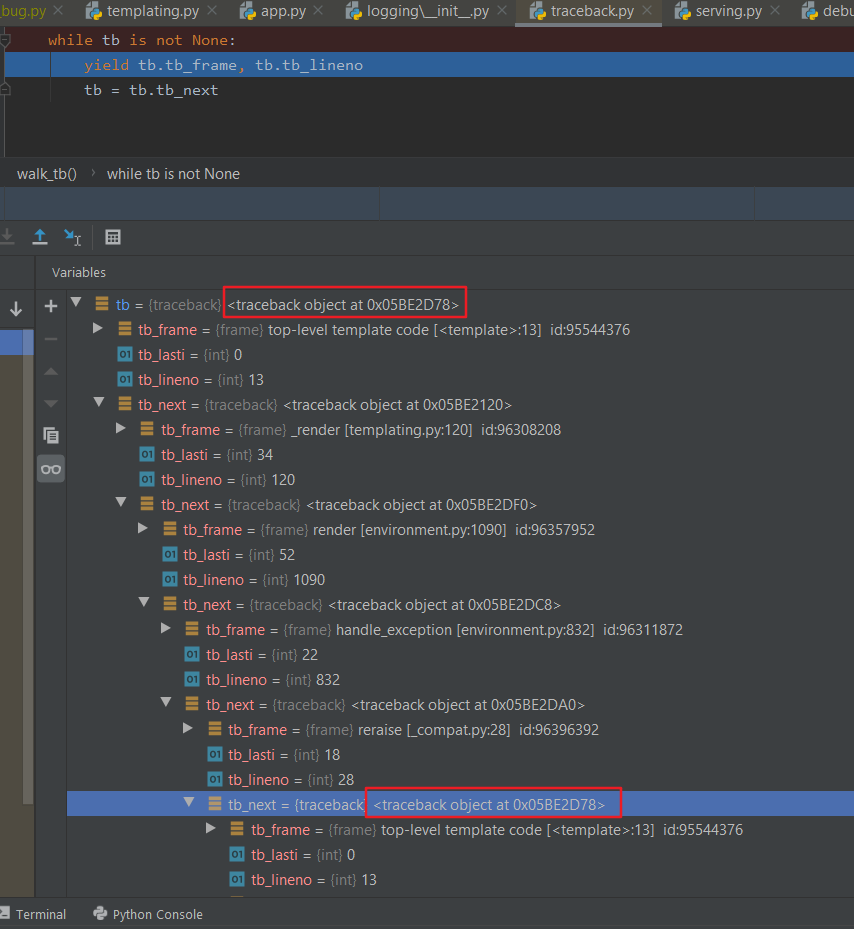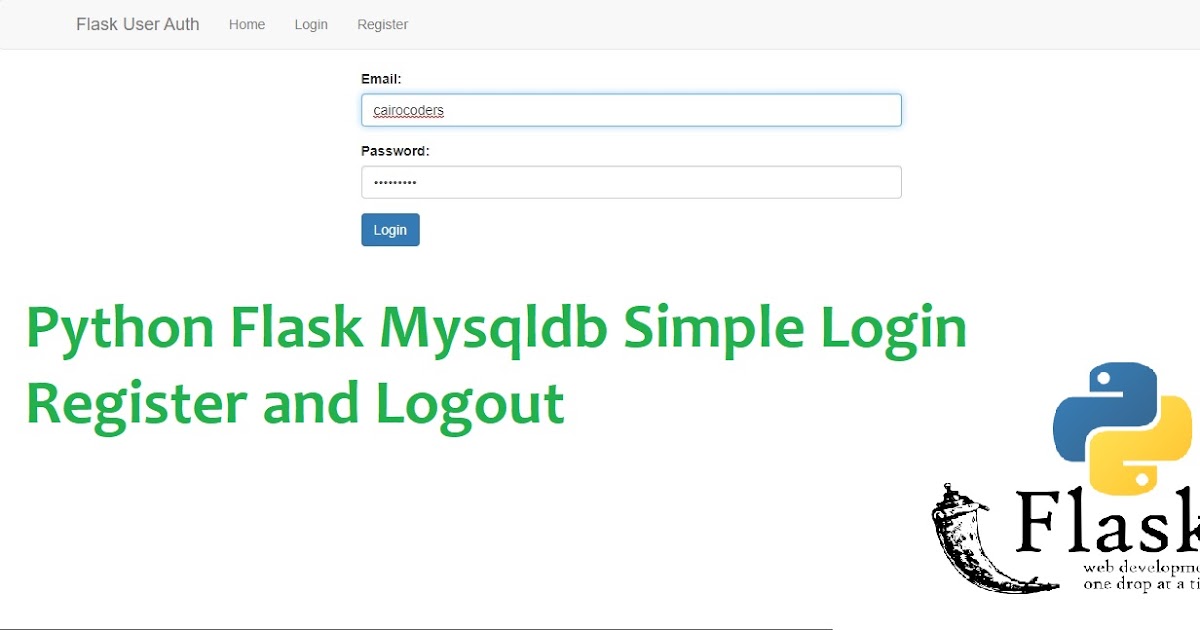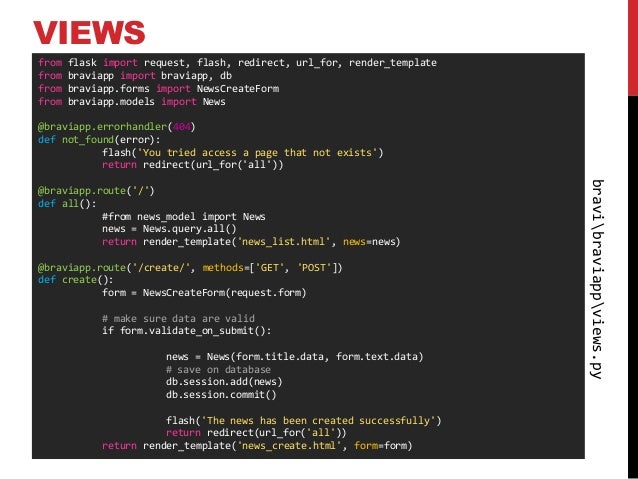Url_for Flask Template
Url_for flask template - Because of that flask configures the jinja2 template engine for you automatically. In your application, you will use templates to render html which will display in the user’s browser. Today i am going to discuss how to login logout in the flask.this is a very simple tutorial. In flask, jinja is configured to autoescape any data that is rendered in html I have divided this tutorial into the following parts. To build a url to a specific function, use the url_for() function. To render a template you can use the. Hello world, welcome to my website. Flask uses the jinja template library to render templates. A template is rendered with specific data to produce a final document.
It accepts the name of the function as its first argument and any number of keyword arguments, each corresponding to a variable part of the url rule.
flask前后端交互Demo路由+蓝图+上下文对象+render_template+url_for返回页面展示参数的使用(2基础篇)_叫我
Hello world, welcome to my website. I have divided this tutorial into the following parts. To build a url to a specific function, use the url_for() function.
Flask Website Creating Jinja Template Python CSVeda
Hello world, welcome to my website. To build a url to a specific function, use the url_for() function. I have divided this tutorial into the following parts.
Flask (Werkzeug) Templating Caused Trackback Loop Reference Issue
I have divided this tutorial into the following parts. To render a template you can use the. In your application, you will use templates to render html which will display in the user’s browser.
Python Flask Mysqldb Simple Login Register and Logout Tutorial101
To render a template you can use the. To build a url to a specific function, use the url_for() function. A template is rendered with specific data to produce a final document.
Flask Python
A template is rendered with specific data to produce a final document. It accepts the name of the function as its first argument and any number of keyword arguments, each corresponding to a variable part of the url rule. In flask, jinja is configured to autoescape any data that is rendered in html
Flask Web App Examples Python Flask Tutorial FullFeatured Web App
In flask, jinja is configured to autoescape any data that is rendered in html In your application, you will use templates to render html which will display in the user’s browser. A template is rendered with specific data to produce a final document.
Web Flask and Jinja2 — Dmitry Golovach
To build a url to a specific function, use the url_for() function. I have divided this tutorial into the following parts. Hello world, welcome to my website.
python Pycharm can't recognize Flask Stack Overflow
Flask uses the jinja template library to render templates. A template is rendered with specific data to produce a final document. In flask, jinja is configured to autoescape any data that is rendered in html
Today i am going to discuss how to login logout in the flask.this is a very simple tutorial. To render a template you can use the. A template is rendered with specific data to produce a final document. Flask uses the jinja template library to render templates. It accepts the name of the function as its first argument and any number of keyword arguments, each corresponding to a variable part of the url rule. To build a url to a specific function, use the url_for() function. Because of that flask configures the jinja2 template engine for you automatically. In your application, you will use templates to render html which will display in the user’s browser. Hello world, welcome to my website. In flask, jinja is configured to autoescape any data that is rendered in html
I have divided this tutorial into the following parts.







